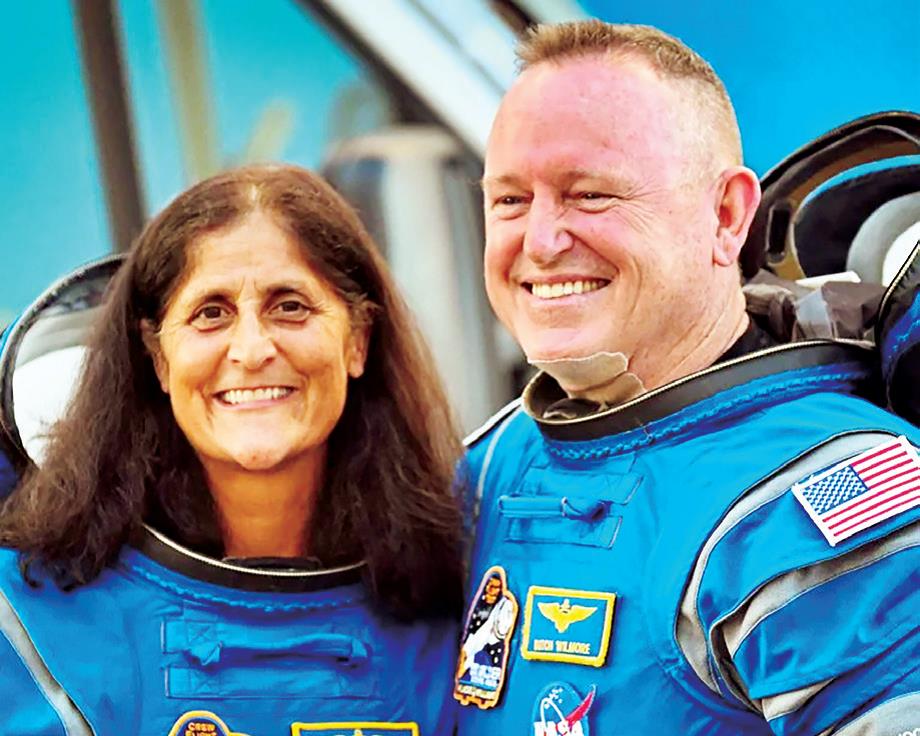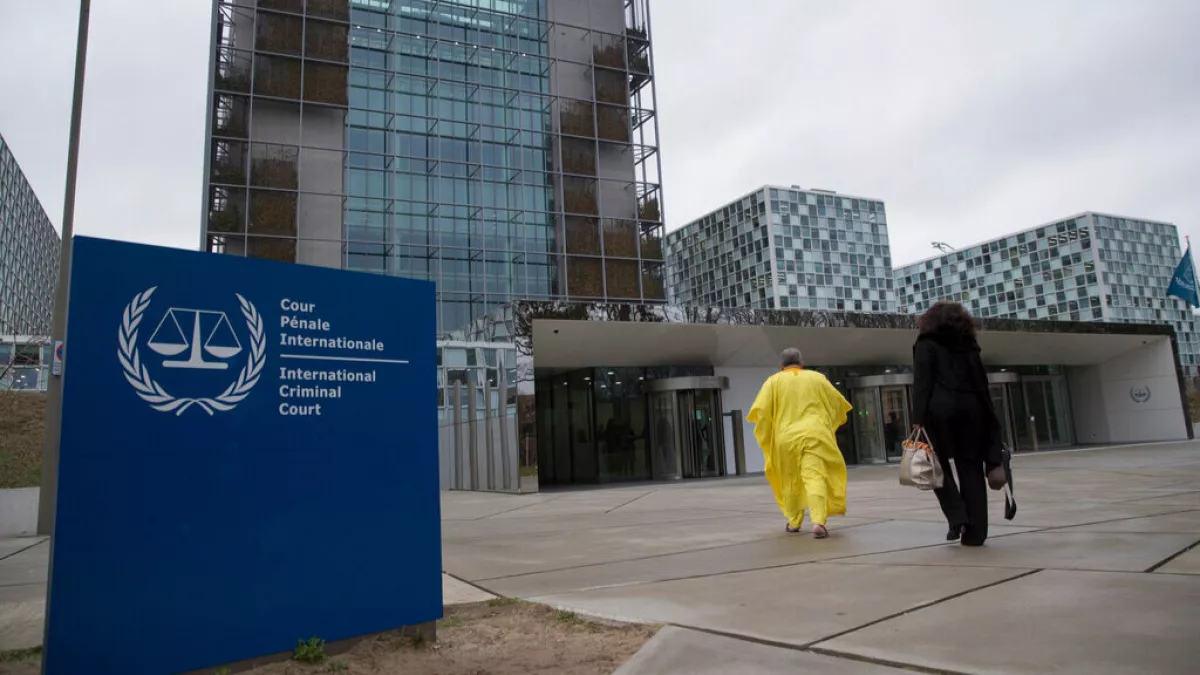
NASA has some bad news for its stranded astronauts
Liverpool: Two astronauts marooned in space may sound like the plot of a Hollywood blockbuster, but for two Nasa crew members, it is now a reality.
Commander Barry Wilmore and pilot Sunita Williams are currently in limbo on the International Space Station (ISS). They arrived in the Boeing Starliner spacecraft – the first test of the spaceship with astronauts.
Wilmore and Williams were supposed to stay on the ISS for around eight days and return on the same spacecraft. But there is now debate about the safety of Starliner after it experienced helium leaks and thruster problems on its way to the ISS.
In coming days, Nasa and Boeing may decide to clear Starliner to carry the astronauts back to Earth. This means their stay might not last too much longer.
But if officials decide against Starliner, the astronauts face waiting an additional six months in orbit before returning. So how do astronauts cope with a potential six-month wait for a lift home? Waiting for things is difficult at the best of times.
Under normal circumstances, it is frustrating, stressful and anxiety-provoking. But in extreme situations, with high stakes, waiting can be purgatory. Part of the reason that waiting is difficult is that it distorts our sense of time.
Think of last time you were waiting for a delayed train, test results or a text from a potential new partner. Did it fly by or drag? For most people, time spent waiting crawls at a glacial pace.
As a result, delays and periods of anticipation often feel much longer than they actually are. Waiting slows our perception of time, because it changes the amount of time that we spend thinking about time.
During normal daily life we often ignore time; our brains have a limited capacity. If time isn't important, we simply don't think about it, and this helps it to pass quickly.
Williams’ condition is known as Spaceflight Associated Neuro-ocular Syndrome (SANS) and it reportedly affects the fluid distribution in the body leading to issues with vision.
This condition causes blurry vision and can also change the structure of the eye. Scans of Wiliams’ retina, cornea, and lens have been conducted to gauge her eye health. When we are waiting, our desire to know when the wait is over increases how much we think about time.
This “clock watching” can make the minutes and hours feel like they are passing at a snail's pace. Stress, discomfort and pain exacerbate this effect, meaning that waiting in difficult situations can seem even longer.
Waiting also slows our perception of time because it is what we do and how we feel. Normal life is busy and full of ever-changing activities and interactions.
The sudden need to wait halts the flow of life, often leaving us with nothing else to do, thus increasing levels of boredom and frustration. friends and families combine to make their wait to return home feel significantly longer than six months – if it should come to that.
However, as academics who research the effects of time on human psychology and biology, our ongoing work with crew members at research stations in Antarctica aims to shed light on whether waiting in extreme environments is different to waiting during normal daily life.
 English daily published in Bengaluru & Doha
English daily published in Bengaluru & Doha






